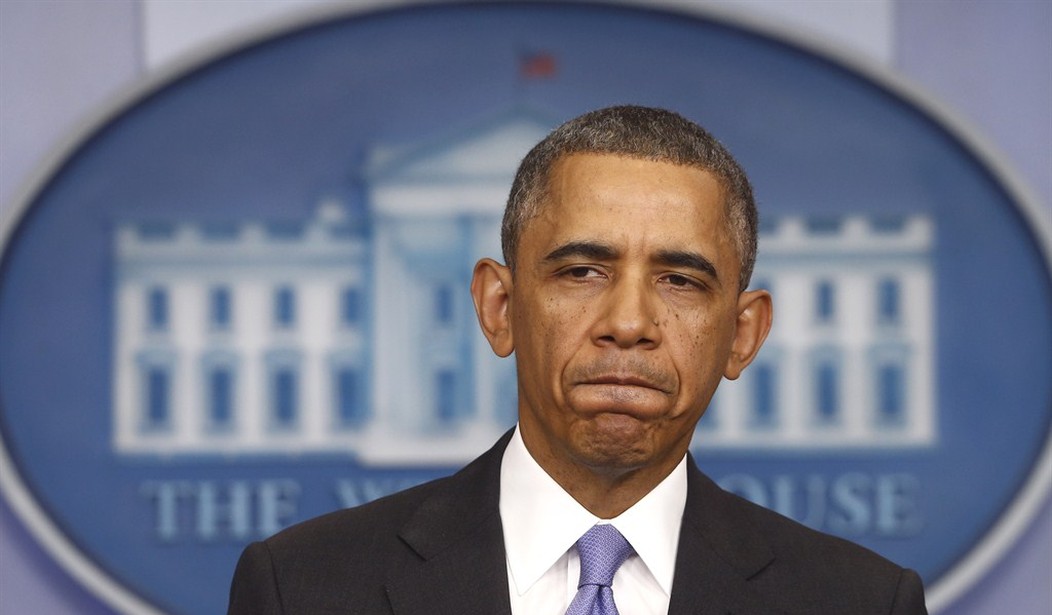President Obama has never been one to stop and weigh the legality of his actions. From recess appointments to amnesty, the president does as he pleases, it seems. He once said that if Congress doesn’t act to fight global warming, of all things, he would. This is what democracy looks like in his eyes.
But his latest unilateral quick-fix to Obamacare has raised all sorts of eyebrows. Two questions: (1) What authority does President Obama have to change an existing federal statute duly passed by the Congress, and (2) is such an executive action even lawful?
Here’s Speaker Boehner on the record saying he’s "highly skeptical”:
And he’s not the only one. Over to you, Howard Dean:
"I wonder if he has the legal authority to do this, since this was a congressional bill that set this up."
Tom Fitton, the President of Judicial Watch, had this to say on the matter:
“Obama isn’t a one-man Congress. Only Congress can rewrite the Affordable Care Act. This power grab is bound to be resisted it in the courts.”
Victor Davis Hanson, meanwhile, reminds us why governing by executive privilege is “not what the framers had in mind.”
All this is right out of the radical Athenian assembly, which on any given day could do whatever its majority wished and then the next undo whatever it wished. But such governance is not what the framers had in mind when they established the checks and balances of a republican tripartite government and entrusted the president with faithfully executing all the laws passed by congress and signed by him.
Recommended
I’m no lawyer but I do have a rudimentary understanding of how checks and balances work. As I understand it, presidents don’t have the legal authority to meddle with legislation after it’s been signed into law. Presidents need Congress’s permission to make badly needed changes to existing federal statutes.
But we’ll see how this plays out in the courts. If the president’s actions are somehow ruled constitutional, this would open up a Pandora’s Box of sorts: future presidents would (effectively) be granted all sorts of new, sweeping, and awesome presidential powers. For liberty's sake, let's hope that doesn't happen.

























Join the conversation as a VIP Member